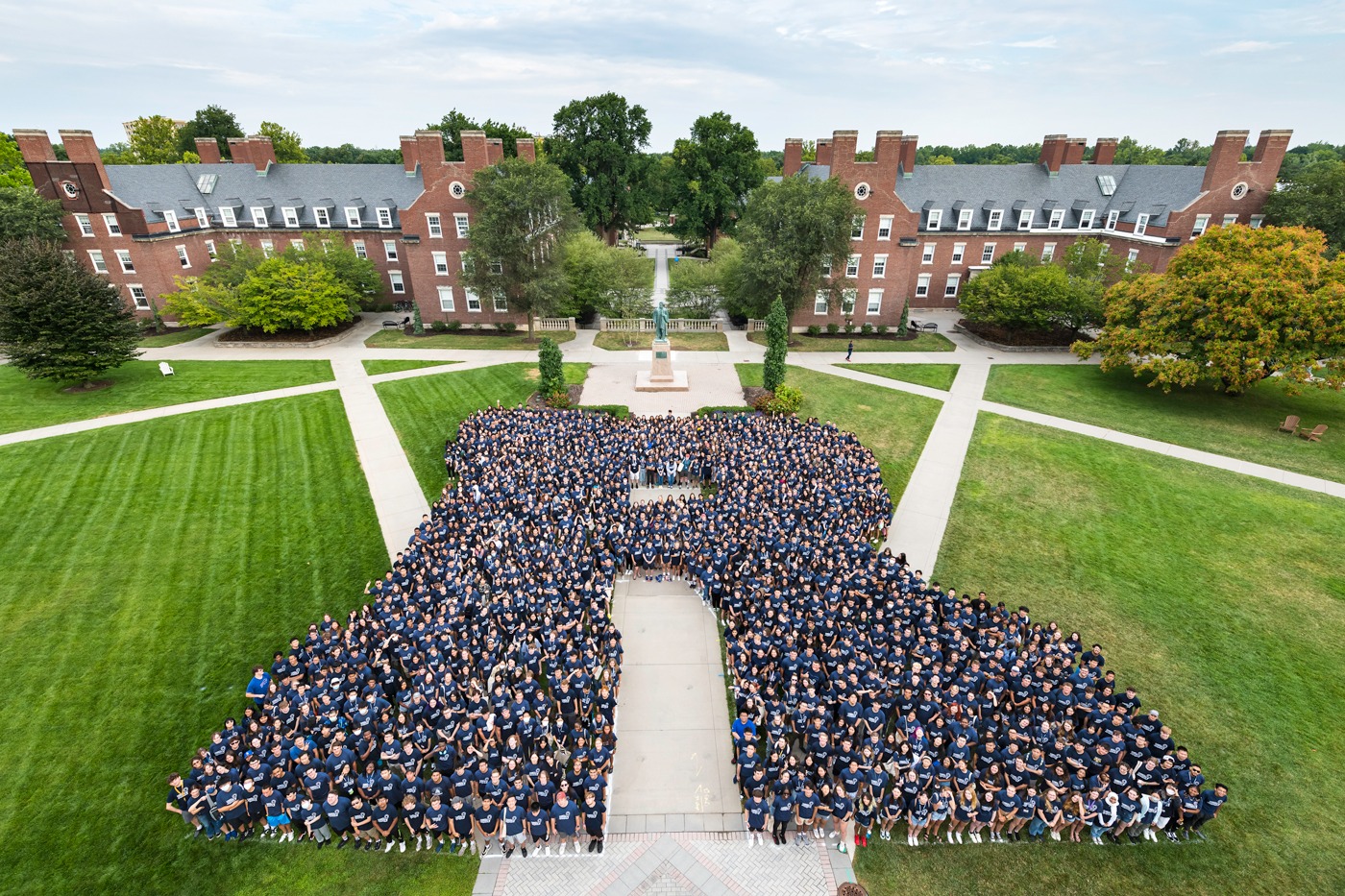It’s September so you know what that means: college application season has arrived! As you are narrowing down your list of schools and sending out your applications, those letters of acceptance will be here before you know it. However, after those letters come in you may be met with the challenge of picking between schools and determining which one is the best fit for you. This is no easy feat, so here are some key aspects of a future university you may want to consider before making your decision:
Location
You most definitely considered location when deciding what schools to apply to, but location can still have an impact on your final decision when selecting a school. There is often more to location than simply the distance from home. Is the college located in a climate that will keep you motivated or not distracted (i.e. will you succeed academically if your school is on a beach?)? Is the college easy to get into and out of using public transportation (i.e. is there an airport nearby if you ever need to quickly travel?)? These questions are very specific, but when it comes down to choosing between two or three schools these kinds of points can make the difference.
It is also worth looking into the community your university is situated in, as you are bound to get off campus and explore during your undergrad years. It’s important to think about how the general location could apply to your interests. For example, the University of Rochester is located alongside a river and is only 20 minutes away from Lake Ontario and state parks with hiking trails. If you want a campus that has access to hiking, a lakeside beach, or a riverside trail to take a morning run on, the U of R may be for you. Again, the point here is to think about what the location can offer to you to round out your college experience as a whole.
Academic Programs & Curriculum
It’s no secret: a majority of the time you will spend in college will be pursuing your passions academically. When finding an academic program that aligns with your interests, you may want to begin with looking at the college’s curriculum. Many schools have a core curriculum, where you are required to take general education courses in a variety of subject areas. Other schools, such as the University of Rochester utilize an open or flexible curriculum. In an open curriculum there are no “gen eds,” and students pursue majors, minors, and small sets of three courses called “clusters” in all three academic disciplines: Humanities, Social Sciences, and Natural Sciences, and Engineering. If you want more agency over picking your courses semester to semester, a school with an open curriculum might be a stronger fit for you.
As for department programs, think about how a school’s offerings align with your academic goals. Do you want to complete research during undergrad? Do you want to go to a school with an honors program? Do you want to study abroad? As intimidating as these questions can be, they can be useful in narrowing down your list. By finding a school that offers you what you want to achieve academically, you will be more motivated towards accomplishing what you set out to do.
Extracurriculars & School Culture
Now that we have looked at academic programs, let’s talk about where a lot of your time will also be spent: pursuing extracurriculars. Similarly in exploring academic programs and locations, select a school that offers the extracurriculars you are interested in. For example, if you were involved in musical ensembles all throughout high school and want to continue making music, attending a school that allows you to play in musical ensembles even as a non-music major could be beneficial. Take U of R for example: non-music major students here are able to take lessons through the Eastman School of Music while also playing in a variety of ensembles on our River Campus. 
College also gives you the unique opportunity to switch up from what you did in high school and try something new. In exploring extracurriculars, it is also worth seeing if a school offers anything unique or anything that might differ from your current interests. This could open your mind to an activity, sport, or opportunity that you never would have thought to give a chance. If you do not pursue an activity outside of your current interests, the fact that a variety of activities exists will create a diverse student culture in which you will meet friends that have a variety of personal interests. This becomes exciting, as you are able to see friends in performances or at programs that they put on for the student body in student organizations that you may not be a part of.
Finally, looking at a school’s student body culture is imperative. Are the students extremely involved in extracurriculars, or do most of them complete their academic tasks and travel home on the weekends? Are students very ambitious in what they take on each semester, or do they have a balanced work-life separation? This may sound redundant by now, but you know what your interests are and finding a school that most closely matches those is your golden ticket into finding the best fit.
Career Opportunities & What Comes After
Yes, you are just beginning to venture into your undergraduate education, but recognizing what you are getting a degree for is necessary. In order to do this, you may need to think a bit long term: do I want to go to graduate school? Do I want to get a job immediately? Do I want to pursue a research fellowship?
Next, figure out if your choice in an undergrad school will enable you in reaching your long term career goals. Does your school have a notable set of alumni that can help you break into the workforce? Does your school have a graduate program or combined degree program you are interested in? These types of questions can make all the difference when deciding between two or three perfect options, as your undergraduate education is a stepping stone to what future you wants to achieve. You may be able to begin answering these questions by looking into your school’s graduate programs, career center, and alumni relations office.
Conclusion
Even though there are many, many questions to ask yourself before picking a school, these questions can help you narrow down to find what is best for you. Keep in mind that this is the hard part! Once you find the perfect school that keeps you motivated and passionate, you will thank your past self for putting in the work to think ahead. Finding a school that aligns with as much as you as possible will guarantee that you see your undergraduate education through.
Whether you are just beginning your college search or are in the final stages of selecting a school, do not shy away from looking at what you have accomplished and will continue to accomplish. You got this!

